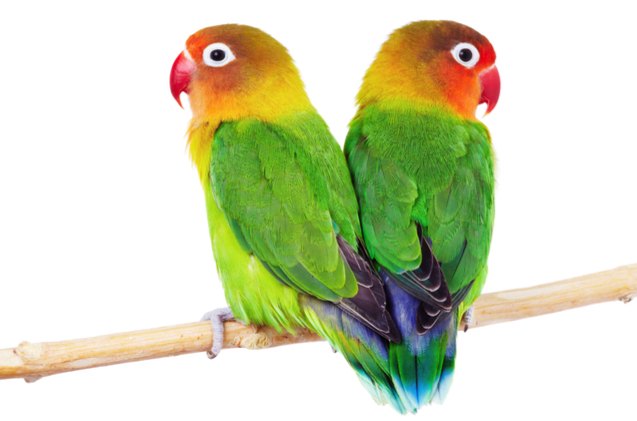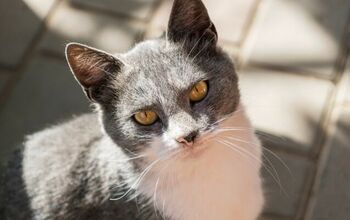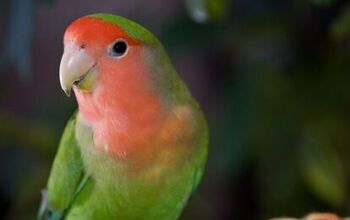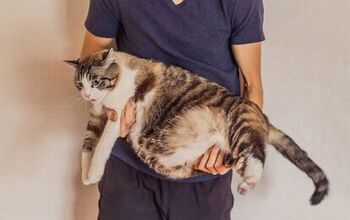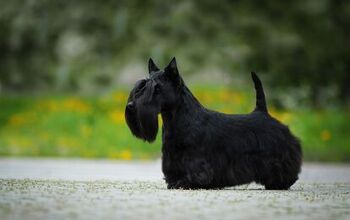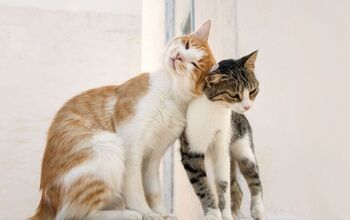African Lovebird


About African Lovebird
The family of African Lovebirds is a group of lovely pet parrots. These small, incredibly cute birds are loved worldwide and are the main stars of many popular internet websites and viral videos. The reason for their impressive star status comes from a variety of wonderful traits they have. They are cuddly, playful and silly in their own unique way, which sets them apart from other popular breeds. And on top of it all, their goofy, cute looks are hard to resist. These fantastic pet parrots will charm you from the get-go. Let’s meet the African Lovebird!
These birds are called lovebirds because of their lifelong relationships and loving habits in which pairs sit together for a long time and cuddle.
Native Region/Natural Habitat
As their name suggests, the species is widespread all over the African continent as well as Madagascar. This family of parrots can be seen in many countries, some of which are Tanzania, Malawi, Zambia, Botswana, Namibia, South Africa, Ethiopia, and a few others. Of course, this wide region includes many different habitats, and these breeds adapted well to most of them. This includes savannahs, sparse woodlands, tropical forests, and even some arid, desert regions. The fact that these small birds are thriving and enduring in such diverse landscapes only serves to prove that they are a strong and hardy species.
Most African Lovebirds look similar and share the same physical aspects. The very small, tapered tail, the tiny beak, and the small body, are all the telltale signs of a lovebird. The adults reach an average length from 5 to 6 inches (13 to 15 centimeters) and weigh just around 2 ounces (50 grams). Thanks to their small size, these birds won’t require a very large cage. They also might be adequate for small houses and apartments. Still, they are very energetic and will need a lot of exercise and free space. Remember that these are bonding parrots, and if they lack a mate, they will create a close bond with their owner.
The African Lovebird is one of those breeds that are excellent as apartment pets. Their moderate natural calls consist of simple and melodic chirps, tweets and beeps. So, if you couldn’t get a pet parrot in your small place or apartment because of the high noise, the African Lovebird might be the pet you were looking for. Keep in mind that these small birds are not really skilled at talking or mimics. If you learn them from a very young age, they might pick up a few words here and there.
Small birds often have just a few possible plumage colors. The African Lovebird is not an exception to this rule, but there’s still a much greater variety between the several subspecies. And with their gradients and hues between standard colors, no one can say that these birds lack charm and beauty. The body is almost always light green, with the differences showing in head coloration. These are usually red, light orange, black, and brown. The chest is often light pale yellow. These combinations of colors definitely leave an impression, particularly considering that such vibrant hues are flaunted on such a petite frame.
There are around nine breeds in the African Lovebird family, and they are mostly similar in color. Their main difference is the color of the bird’s head.
In their natural habitat, African Lovebird thrives on a balanced diet of small seeds, agricultural crops, insects, and fruits. For your pet, you should get a commercial seed mix for lovebirds which contains a well-balanced mix of important seeds and all the needed proteins and fats. You should also add a healthy dose of fresh fruits and green vegetables.
Another important part of care is bathing. Lovebirds, in particular, enjoy bathing in their small bathing dishes. This is a foundation of good hygiene and ensures your pet stays a healthy bird.
These are small and cute birds, but their health is not fragile – they are quite strong and robust. The African Lovebird adapts quickly and is well known for being hardy and enduring – an ability that helped them to thrive in the harsh African conditions. To ensure they are always healthy, pay attention to the conditions, avoiding the draft, damp and cold. Hygiene should also be a priority, and you should ensure a clean environment for your pet to live in.
As they often depend on a strong bond with their pair or their owner, lovebirds will require your attention and plenty of social interaction. Otherwise, they can become sick due to neglect and boredom.
Your pet African Lovebird will quickly bond with you- they become very protective of their favorite person in the house.
These small, goofy parrots are quite energetic and full of fun. But they are mostly known to be cuddly and affectionate. Snuggling with you beneath the blankets is one of their favorite things to do. Sometimes they can be aggressive or territorial, as they are protective of their mate or their owner. This can result in an occasional nibble. The African Lovebird loves to play, goof around, and climb about. It’s not surprising that these birds are best known on the internet for their silly, hilarious tricks. The African Lovebird shows a great combination of wonderful traits and a healthy nature, making them a popular pet that’s suited for beginners and experienced owners alike.
Photo credit: Dmitry Pichugin/Shutterstock ;Ondrej Prosicky/Shutterstock; Elenarts/Shutterstock

A proud mama to seven dogs and ten cats, Angela spends her days writing for her fellow pet parents and pampering her furballs, all of whom are rescues. When she's not gushing over her adorable cats or playing with her dogs, she can be found curled up with a good fantasy book.
More by Angela Vuckovic



